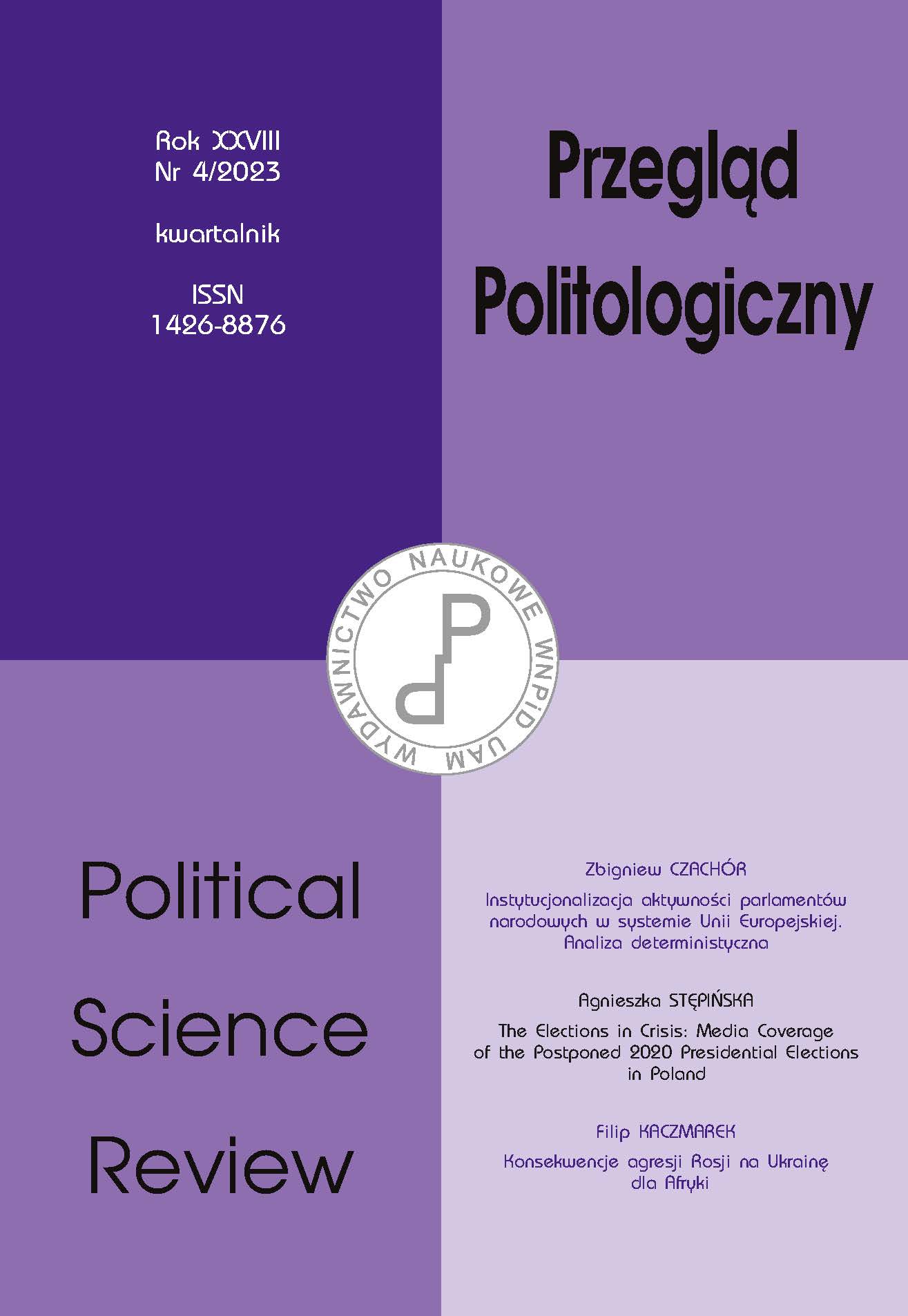Deliberative Mini-publics as a Response to the Crisis of Representative Democracy: First Attempts at Institutionalization in European Cities
Deliberative Mini-publics as a Response to the Crisis of Representative Democracy: First Attempts at Institutionalization in European Cities
Author(s): Joanna Podgórska-RykałaSubject(s): Politics / Political Sciences, Civil Society
Published by: Uniwersytet Adama Mickiewicza
Keywords: Democratic innovations; deliberative mini-publics; citizens’ assemblies; local government
Summary/Abstract: The growing crisis of representative democracy and associated citizen dissatisfaction has stimulated innovative thinking about democracy. Over the past two decades, a wide range of democratic innovations have emerged to increase the involvement of ordinary people in politics, combining direct mass participation with in-depth dialogue on pressing public policy issues. The innovations are rapidly spreading territorially, becoming increasingly institutionalised and tailored to specific political, cultural and social contexts. Mini-publics, which are forums for small-scale debate, are particularly remarkable. Faced with citizens’ dissatisfaction with the practice of the public sphere, there are attempts to institutionalise one-off deliberative forums and make them part of a broader political system. This challenge was first taken up by the German-speaking community of Belgium (Ostelbelgien) and followed by other public authorities. Attempts to incorporate mini-publics into the decision-making space have also been made by local authorities – Paris, Newham and Aachen. In this article I argue that citizens’ assemblies are the most advanced method of institutionalising deliberative democracy. I demonstrate that although the first citizen assemblies realised in the world were one-offs, following their example, particularly because of the success of the unique Ostelbelgien model, subsequent public authorities have begun to see this innovation as an opportunity to permanently (rather than just one-off) power democracy and make it more resilient to crises. I also show that local authorities can play a leading role in strengthening and institutionalising deliberative processes using mini-publics.
Journal: Przegląd Politologiczny
- Issue Year: 2023
- Issue No: 4
- Page Range: 149-167
- Page Count: 19
- Language: English

